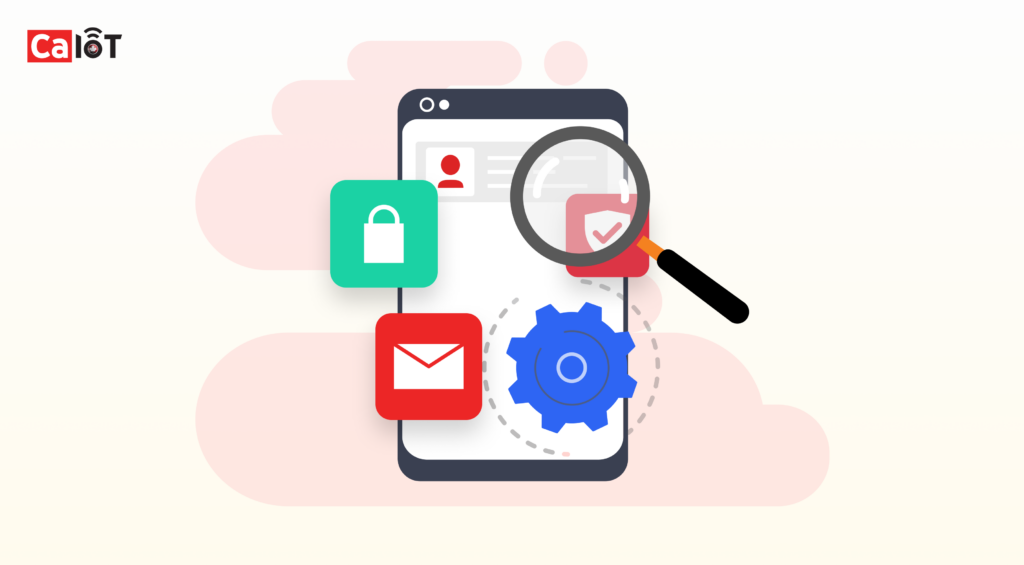Mobile applications have become an integral part of our lives, and with the increasing demand for mobile apps, the need for quality mobile app testing has also increased. Mobile app testing is crucial to ensure that the app functions smoothly, meets the user’s expectations, and provides a seamless experience. In this article, we will discuss the basics of mobile app testing for beginners.

Types of Mobile App Testing:
There are several types of mobile app testing, and each type has its own purpose. Some of the most common types of mobile app testing are:
- Functional Testing: This type of testing ensures that the app functions as intended. It tests the app’s features, user interface, and navigation.
- Compatibility Testing: This type of testing ensures that the app is compatible with different devices, operating systems, and screen sizes.
- Performance Testing: This type of testing ensures that the app performs well under different conditions, such as low battery, poor network connectivity, and high load.
- Security Testing: This type of testing ensures that the app is secure and protects user data from unauthorized access.
- Usability Testing: This type of testing ensures that the app is user-friendly and easy to use.
Tools for Mobile App Testing:
There are several tools available for mobile app testing, and each tool has its own strengths and weaknesses. Some of the most popular tools for mobile app testing are:
- Appium: An open-source tool for mobile app testing that supports both iOS and Android platforms.
- Selenium: A popular web testing tool that can also be used for mobile app testing.
- CaIoT: A mobile cloud testing platform providing access to real iOS and Android devices to test apps on.
- Robotium: An open-source tool for Android app testing that provides a wide range of testing capabilities.
Best Practices for Mobile App Testing:
To ensure effective mobile app testing, there are several best practices that beginners should follow. Some of the most important best practices for mobile app testing are:
- Test early and often: Testing should begin as early as possible in the development process and should be conducted regularly throughout the development lifecycle.
- Use real devices: Testing on real devices is essential to ensure that the app works as intended on different devices.
- Test in different environments: Testing should be conducted in different environments, such as low battery, poor network connectivity, and high load, to ensure that the app performs well under different conditions.
- Use automation: Automation can help save time and increase efficiency in testing.
- Document and report: It is important to document the testing process and report any issues or bugs to ensure that they are fixed before the app is released.
Conclusion:
Mobile app testing is a crucial aspect of mobile app development, and beginners should understand the basics of mobile app testing to ensure that their apps meet user expectations and provide a seamless experience. By following best practices and using the right tools, beginners can ensure that their apps are of high quality and provide a great user experience.
